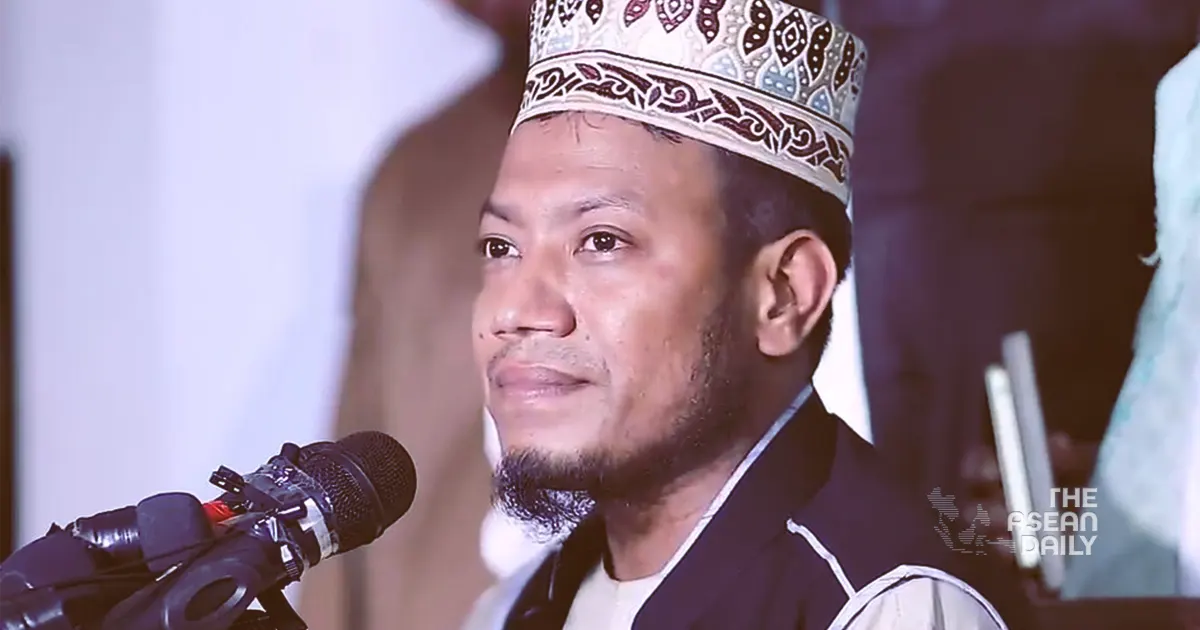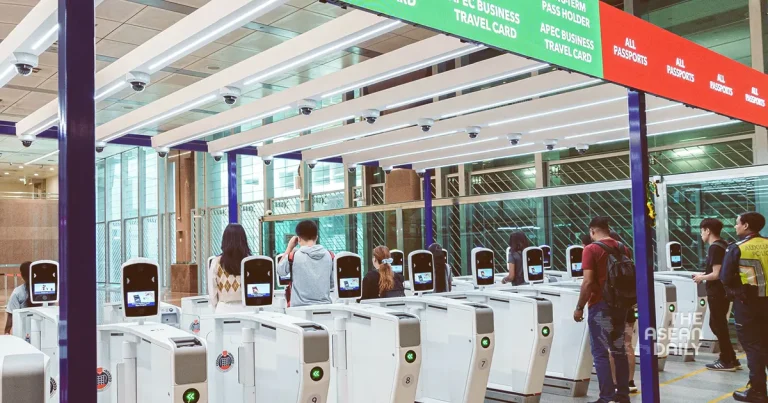9-9-2024 (SINGAPORE) In the wake of a high-profile case involving an illegal entry by a Bangladeshi extremist preacher, Singapore’s Law and Home Affairs Minister K Shanmugam has revealed that approximately 2,500 visitors are denied entry to the city-state each month for various reasons.
Addressing Parliament on Monday, Mr Shanmugam provided insight into Singapore’s stringent border control measures, shedding light on the multifaceted approach employed to safeguard the nation’s security whilst facilitating legitimate travel.
The minister’s statement comes in response to parliamentary queries following the incident involving Amir Hamza, a Bangladeshi preacher who entered Singapore on 9 August using a passport with a name different from that recorded in the country’s security databases. Hamza allegedly delivered extremist and segregationist teachings to Bangladeshi migrant workers at a dormitory in Tuas before departing the next day.

Mr Shanmugam disclosed that since 2022, authorities have been detecting and refusing entry to about 30 visitors monthly who present legitimate passports containing identities that differ from Immigration and Checkpoints Authority (ICA) records.
Emphasising the rigour of Singapore’s entry protocols, the minister outlined the “risk-based, multilayered approach” adopted by the ICA. This includes mandatory visa applications for nationals of certain countries, with applications from individuals on Singapore’s watchlist or those deemed suspicious facing rejection.
The minister also highlighted the implementation of the Multi-Modal Biometric System in July 2020, which captures facial, iris, and fingerprint images of first-time visitors. This technology enhances the detection of repeat visitors attempting entry using multiple or impersonated identities.
Addressing the Amir Hamza case specifically, Mr Shanmugam explained that while the preacher was on a watchlist under one name, he entered using a passport with a different name, circumventing initial detection. However, the minister assured that Hamza’s biometrics are now registered, preventing any future entry attempts regardless of the identity used.
The revelation of these figures and measures comes amidst ongoing investigations into Hamza’s case, with potential charges including participation in an unlawful assembly and failing to obtain necessary work permits. The dormitory operator who organised the event is also under scrutiny for various offences.
While acknowledging that no system is infallible, Mr Shanmugam stressed the importance of balancing security with the facilitation of travel, given the vast number of daily arrivals – approximately 600,000 across all checkpoints.
“We have to develop a framework for picking up some people of concern while allowing the vast majority to clear as quickly as possible,” the minister stated, underscoring the practical challenges of border control in a bustling global hub like Singapore.
Mr Shanmugam’s candid disclosure provides a rare glimpse into the complexities of managing border security in a highly connected world. It highlights Singapore’s commitment to maintaining its reputation as a safe and efficient travel destination while grappling with evolving security threats.




